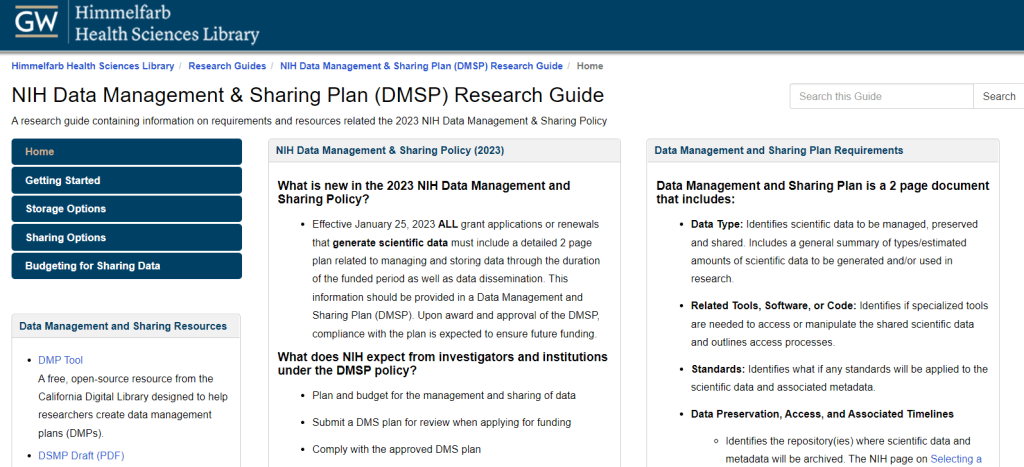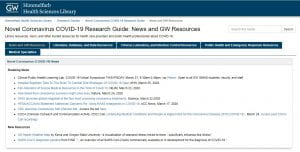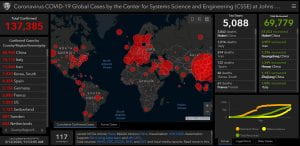Himmelfarb’s Diversity, Equity and Inclusion Committee (DEI Committee) is pleased to announce the release of the new Antiracism in Healthcare research guide! This guide is one of many ways Himmelfarb Library is showing its commitment to cultivating an inclusive and welcoming environment within the library. The guide features healthcare organizations, journal collections, virtual tutorials and more to help you learn about antiracism and racial biases in healthcare. Some of the resources listed include:
- Bates Visual Guide to Examination–Communication and Interpersonal Skills
- NNLM Clinical Conversations Training Program
- Diversity and Disparities in Health Care Collection
- Anti-Racism and Race Literacy: A Primer and Toolkit for Medical Educators
Please note that some of the resources, such as ebooks and journal collections, may require GW credentials to access.
The DEI Committee envisions this guide growing over time and we are interested in community feedback and being transparent about the selection process. To show our commitment to community building and transparency, the resource selection criteria is featured on the guide’s homepage and the Committee will evaluate suggested resources based on the five listed categories and evaluation questions. Students, staff and faculty members are invited to submit resources they believe will make an excellent addition to the guide. If there is a book, documentary, podcast show/episode, online training, healthcare organization or other valuable resource that you believe should be included, please fill out the ‘Resource Suggestion Google Form’.
Additionally, if you are a member of a GWU organization and would like for your organization to be featured on the research guide or if you’re interested in partnering with the DEI Committee, please contact the current committee chair, Rachel Brill, at rgbrill@gwu.edu!








